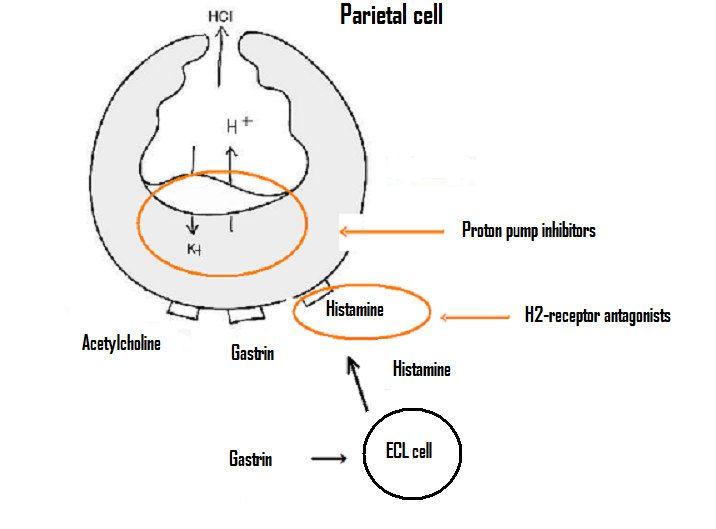In Humans, Proton Pump Inhibitors Produce Prolonged And Profound Reductions In Stomach Acid Levels

Proton Pump Inhibitors (PPIs) are a class of medications that are commonly used to reduce the amount of acid produced in the stomach. They are typically used to treat conditions such as gastroesophageal reflux disease (GERD), peptic ulcer disease (PUD), and Zollinger-Ellison syndrome.
Proton Pump Inhibitors work by blocking the action of proton pumps, which are enzymes that are responsible for producing acid in the stomach. By blocking the action of these pumps, PPIs effectively reduce the amount of acid that is produced, which in turn can help to alleviate symptoms associated with acid-related conditions.
There are several different types of PPIs available on the market, including omeprazole (Prilosec), esomeprazole (Nexium), lansoprazole (Prevacid), pantoprazole (Protonix), and rabeprazole (Aciphex). These medications are available in both prescription and over-the-counter (OTC) formulations.
- Art
- Causes
- Crafts
- Dance
- Drinks
- Film
- Fitness
- Food
- Games
- Gardening
- Health
- Home
- Literature
- Music
- Networking
- Other
- Party
- Religion
- Shopping
- Sports
- Theater
- Wellness
- IT, Cloud, Software and Technology


